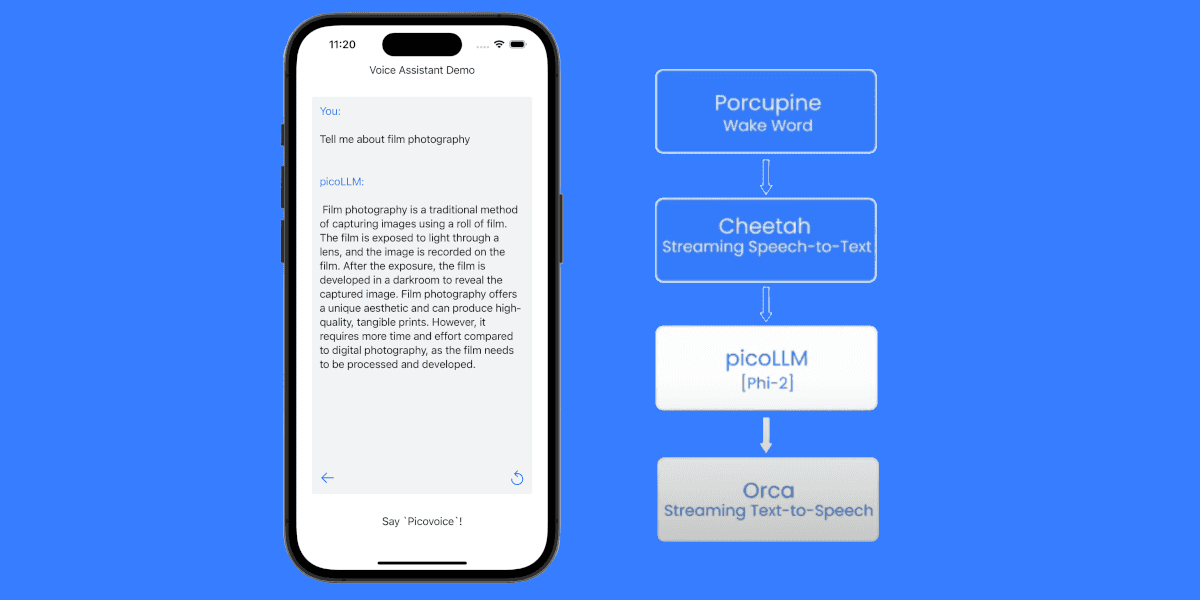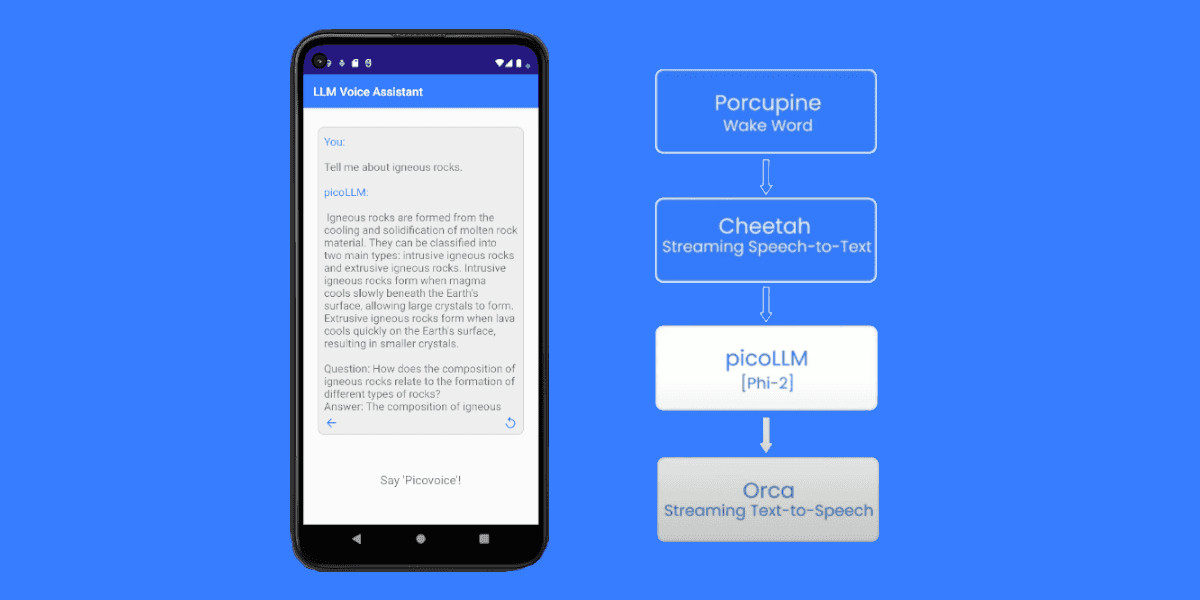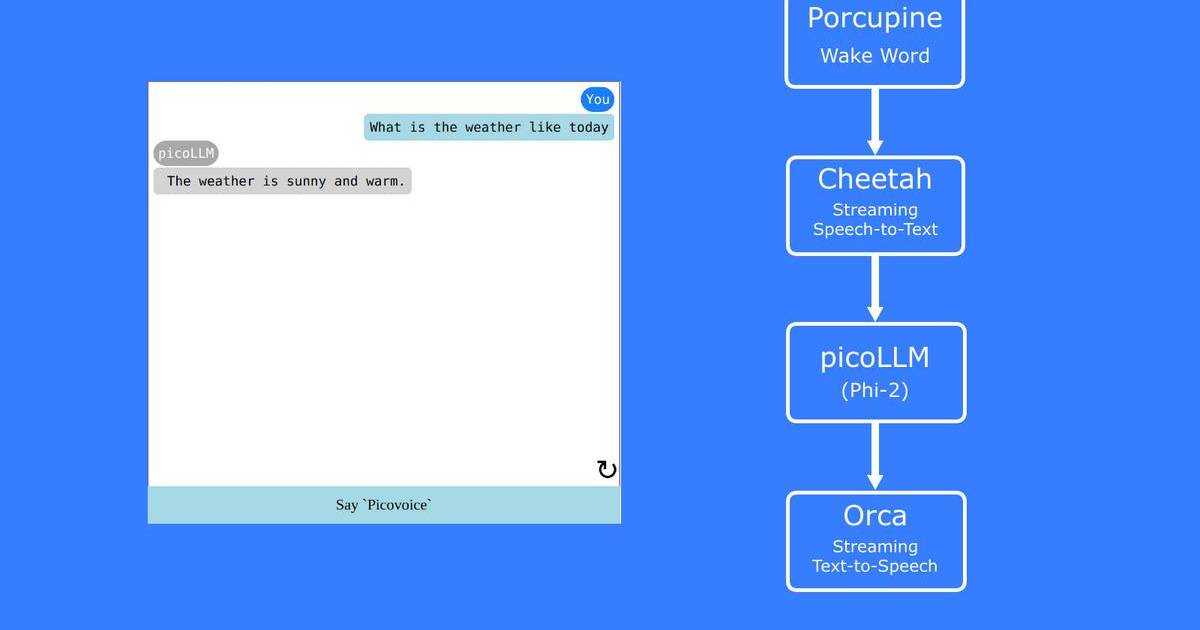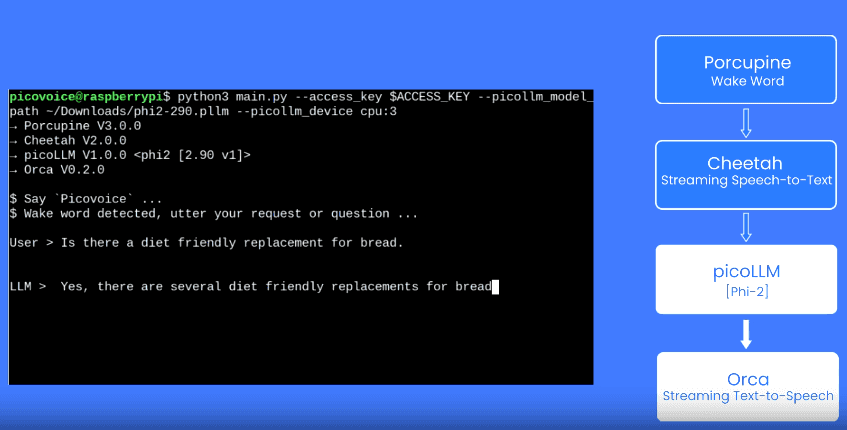Large Language Models have been around for a few years. However, they have gained popularity in the last year with the launch of ChatGPT. OpenAI’s GPTs, Meta’s LLaMA, and TII’s Falcon with derivatives such as Vicuna and Alpaca are a few examples of popular LLMs.
Enterprises have been exploring opportunities to improve productivity and experience using LLMs. Despite the potential benefits, Large Language Models are complex and expensive. Large Language Models without the right tools and control mechanisms can drain allocated resources quickly, causing project cancellations even before production. Hence, new tools for LLM Operations are emerging.
What’s LLMOps?
LLMOps, or Large Language Model Operations, consists of practices, techniques, and tools used to deploy and maintain large language models in production environments reliably and efficiently. LLMOps is a subset of MLOps. At a high level, MLOps principles apply to LLMOps, but there are nuances specific to LLMs, requiring a unique approach to LLMOps.
What are the components of LLMOps?
Each use case and application may require a different LLMOps toolkit. Some may include everything from training data preparation to pipeline production and governance, whereas some may only require deployment and governance. The main components of LLMOps are listed below:
Data Management:
Data management in LLMOps or MLOps mostly deals with data labeling, storage, retrieval, manipulation, versioning, and version control. Effective data management is especially crucial for LLMOps, as large language models are trained on enormous amounts of data, and human expertise may be required while preparing datasets.
Large Language Model training and fine-tuning require high-quality, diverse, clean data. Raw data can be unstructured, noisy, and biased. Hence, preprocessing before feeding data into LLMs is crucial. Furthermore, complex, domain-specific, or ambiguous cases may require human expertise and judgment. Keeping data clean and organized helps product teams train and iterate LLMs, enhancing the model performance over time, improving team productivity, and minimizing costs.
Application Development and Prompt Management:
Prompt Management is specific to LLMOps. Large Language Models can handle complex prompts for a variety of use cases. LLM app development frameworks and prompt management tools can help with:
- creating executable flows
- debugging and iterating flows with ease
- retrieving contextually relevant information
- enabling in-context learning and improving the model outputs
- making the data visible and shareable across teams
Model Training and Fine-tuning:
Another group of LLMOps tools is for model training and fine-tuning. It consists of frameworks for model training, foundation (pre-trained) model fine-tuning, and experiment tracking. Some of these tools, such as PyTorch and TensorFlow, are common with MLOps, while some are specific to LLMs, such as LoRA: Low-Rank Adaptation of Large Language Models.
Model Deployment & Monitoring:
Most enterprises do not need to train models. While a few companies train models, millions of enterprises and users run inference, making model deployment and monitoring a subject of interest for more enterprises.
LLMOps deals with ensuring the reliability and efficiency of running language models. Poor management of models adversely affects user experience and increases costs. Managing models, pipelines, and their versions, artifacts, transitions through their lifecycle falls under LLMOps. Moreover, product decisions affect LLMOps’ tasks and priorities:
- running inferences in real time or asynchronously
- platform to run the models (3rd Party Cloud, Private Cloud, CPU, GPU…)
- compressing the chosen model (AWQ, GPTQ, SqueezeLLM…)
Did you know picoLLM Compression reduces runtime and storage requirements of any LLM while retaining model performance, so enterprises can minimize their inference costs?
What’s next?
LLMOps helps enterprises deploy and maintain large language models in production environments reliably and efficiently, resulting in improved productivity, enhanced user experience, and cost savings. However, it’s easier said than done. Achieving high efficiency and scalability while minimizing risks and reducing costs requires expert knowledge. Work with Picovoice Consulting to achieve reliable, efficient, and cost-effective LLMs.







